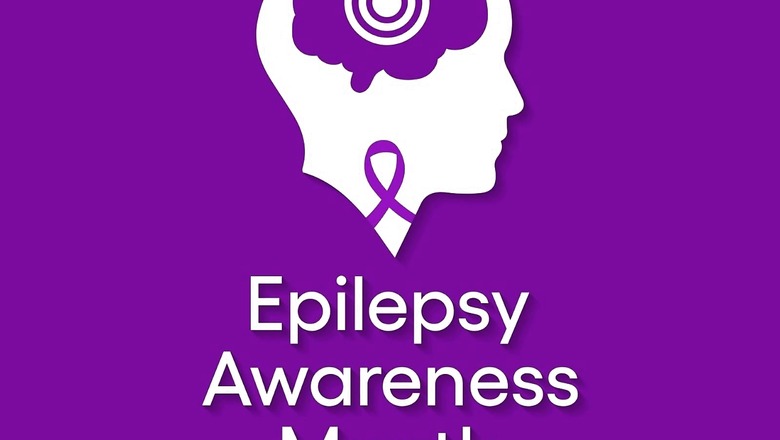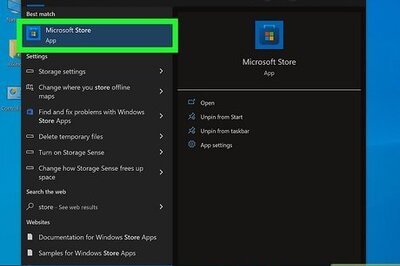
views
Observed on November 17, National Epilepsy Day is aimed at creating awareness about epilepsy. The day serves as an opportunity to educate people and help them understand more about the disease, its symptoms, and treatment.
What Is Epilepsy?
Epilepsy is a chronic non-communicable disorder in the brain which generates brief, strong and sudden abnormal bursts of electrical energy. This affects many other parts and functions of the brain leading to recurrent unprovoked seizures. When these seizures happen twice or more, it is usually observed as the case of epilepsy. Recurrent seizures are brief episodes that may cause involuntary movement in the body – partially or entirely. Loss of consciousness and control of bladder function are additional signs which may accompany the seizures. Seizures episodes take place due to the excessive discharges in the neurons. People at any age can get affected by this. However, issues and experiences can vary from person to person of different age groups.
Symptoms:
-Sudden spasm(uncontrollable jerking motions)
-Loss of consciousness
-Tingling sensation in arms or legs (feeling of pricking)
-Stiffness in muscles
Causes:
-Brain damage from prenatal and perinatal injury
-Congenital abnormalities
-Brain Infections
-Stroke and Brain Tumors
-Head Injury/ Accidents
-Prolonged high fever during childhood
There are more than one type of seizure in epilepsy. Some are harmless while others can be life-threatening. Being a brain disruptor, it affects almost every part of the body. At times, a seizure can be associated with certain circumstances that work as seizure triggers. The triggers are evident over a period of time.
Examples:
-Lack of sleep
-Physical fatigue or overexertion
-Physical or emotional stress
-Hot and humid environment
-Alcohol or other drug use
How To Deal With Seizures:
-Don’t panic
-Loosen any tight or uncomfortable neckwear
-Allow the patient to rest or sleep
-Put a soft pillow under their head
-Remove sharp or other harmful objects from around the person
-Do not put anything into the patient’s mouth as there is a fear of swallowing tongue
-Roll the patient onto one side so any fluid in the mouth can spurt out.
Tips For Patients:
-Take medications regularly as prescribed by the doctor, even when not having seizures.
-Do not discontinue the medicine or treatment without the doctor’s advice.
-Consult the doctor if taking any other medications.
-Avoid alcohol as it provokes seizures.
Read all the Latest Lifestyle News here


















Comments
0 comment